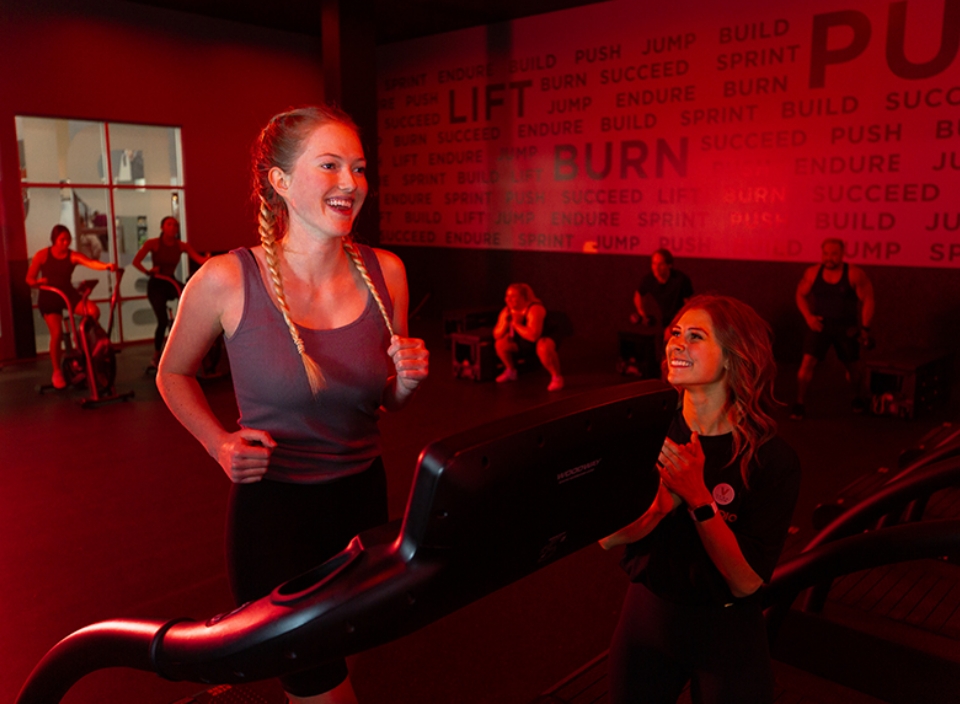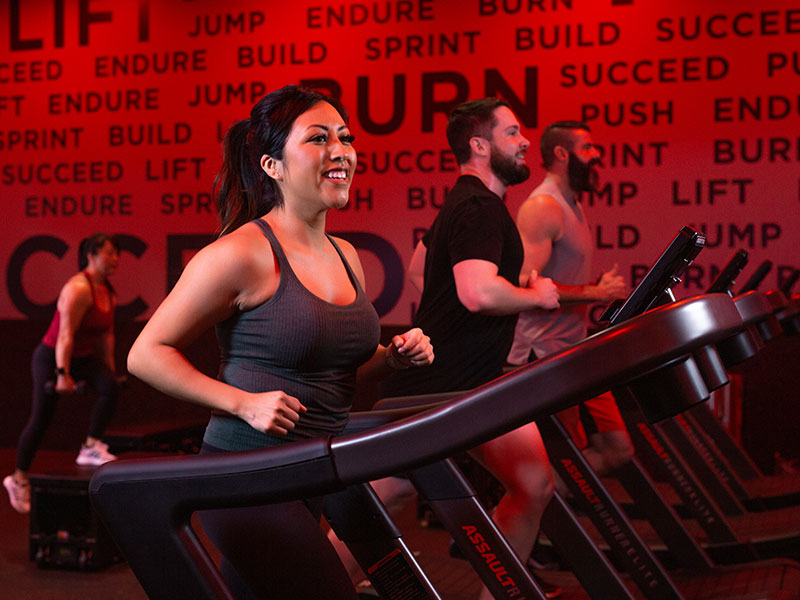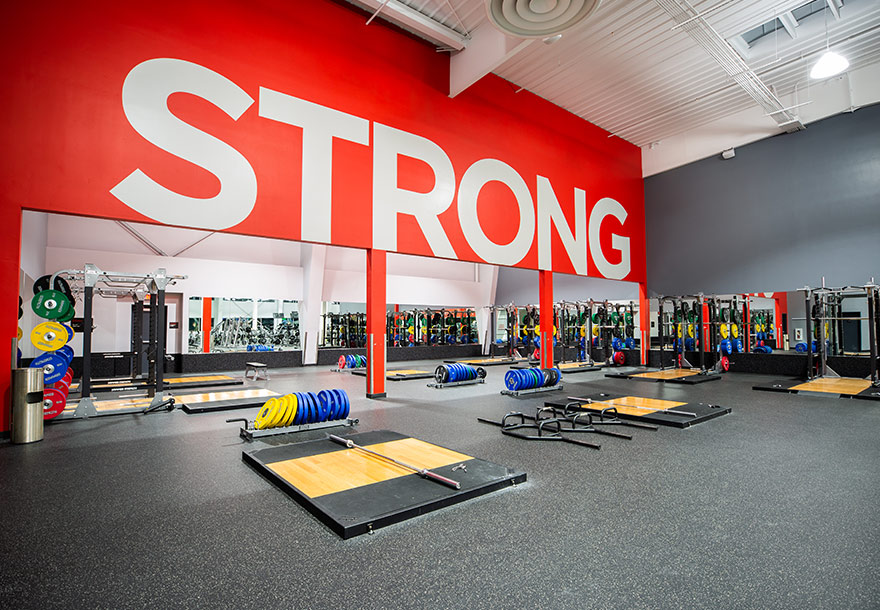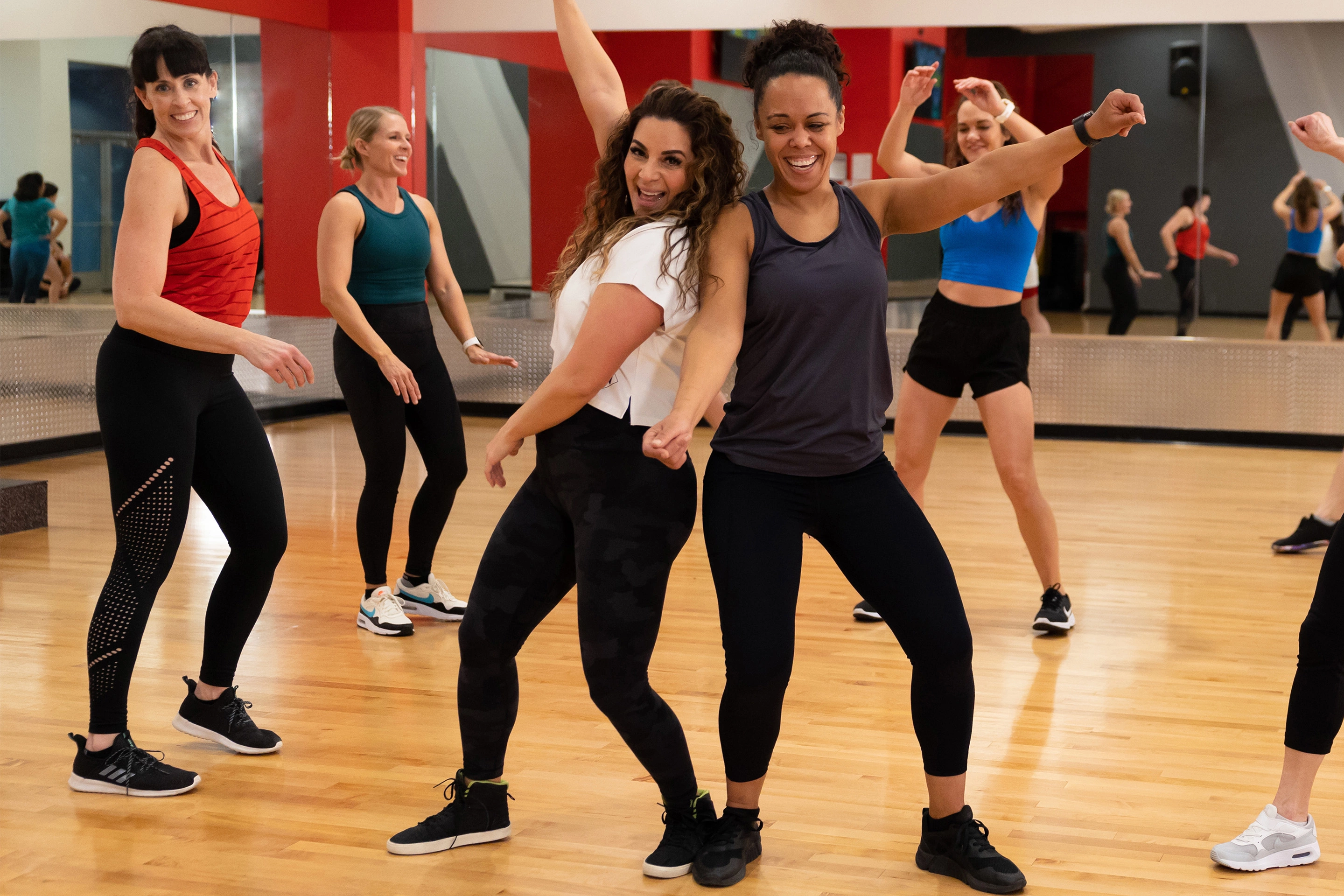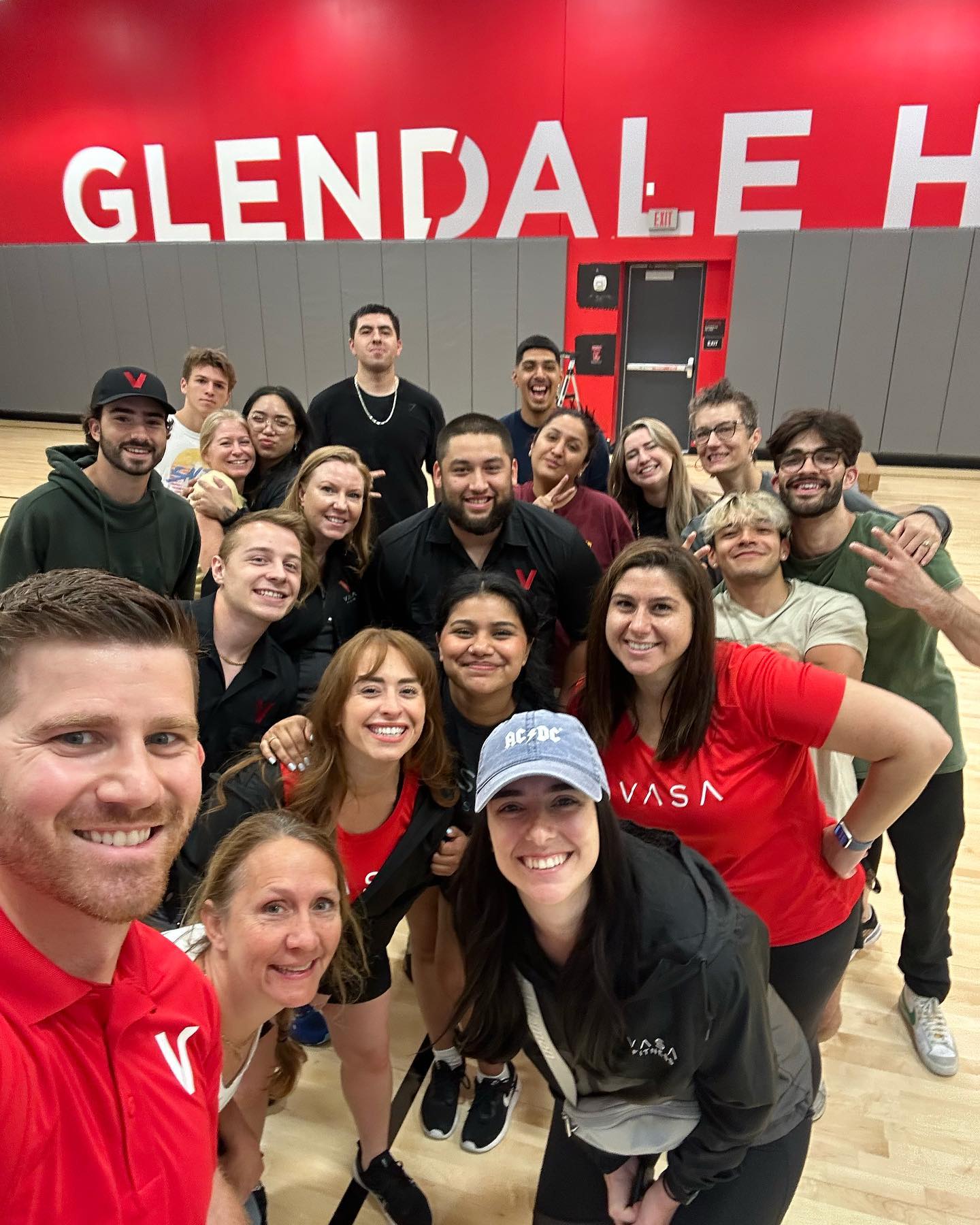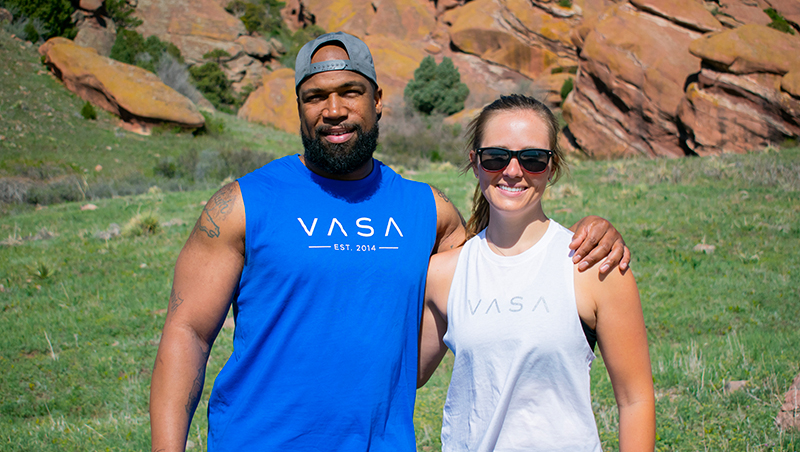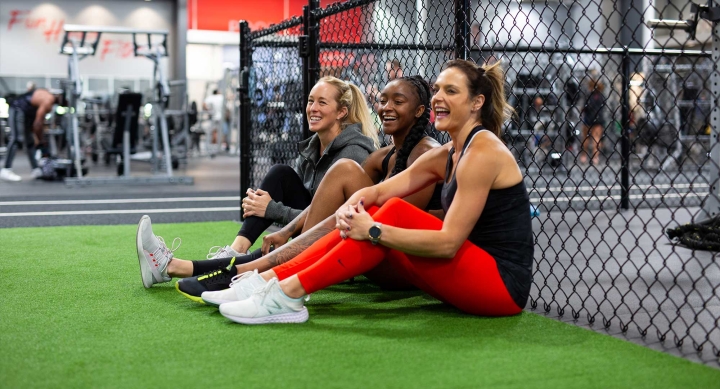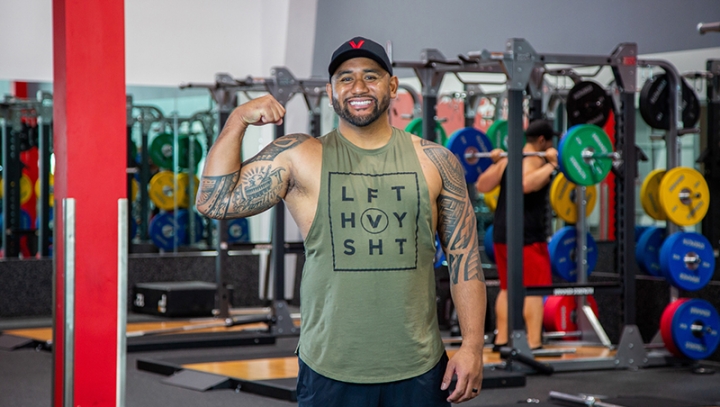Emotional and Social Benefits of Exercise – VASA Fitness
We hear it every day; exercise is good for you. But exercise benefits more than just the way your body looks. Creating healthy habits and having the confidence to try new things are just the beginning of the positive ways exercise can impact your life.
Regular physical activity gives you the ability to create good habits that can have a lasting impact on your social life and mental health. Investing in your physical fitness has more than just positive body health outcomes, it can also give you support for a healthy emotional state and connection to your community. Read more to discover all the important emotional and social benefits of exercise, and how to start moving forward in your fitness journey with VASA.
General Exercise Benefits
Regular physical activity is essential for maintaining both physical health and mental health. Engaging in exercise has numerous health benefits, including reducing the risk of chronic diseases such as cardiovascular diseases and type 2 diabetes. Beyond these physical health benefits, exercise also plays a crucial role in enhancing cognitive function, reducing the risk of dementia, and boosting self-esteem and body image.
When you exercise regularly, you are not only working towards a healthier body but also a healthier mind. Regular physical activity can improve sleep quality, reduce stress, and elevate your overall mood. The health benefits of physical activity are dose-dependent, meaning that more frequent and intense activity is associated with greater benefits. Whether you are taking a brisk walk, engaging in strength training, or participating in a team sport, the positive effects of exercise on your health are undeniable.
Emotional Benefits of Exercise
Physical activity has a profound impact on mental health, offering a natural way to reduce symptoms of anxiety and depression. When you engage in regular exercise, you are not just working on your physical fitness but also nurturing your mental well-being. Sedentary (non-active, not-moving) behavior, particularly television viewing, is linked to higher risk factors for mental health issues such as anxiety and depression. Exercise helps reduce negative emotions such as stress, anger, and frustration. Regular physical activity leads to reduced stress levels and improved psychological well-being. Exercise can improve mood, reduce stress, and enhance self-esteem and body image, making you feel more confident and positive about yourself.
Specific Ways Exercise Improves Your Mental Health
Exciting things happen to your brain when you reach outside your comfort zone and try something new. When you prioritize fitness, you are also prioritizing your mental health. In addition to the changes in your physical fitness, your brain is also going through a positive transformation. Here are some of the positive mental health changes exercise can cause:
- Exercise helps build confidence and self-efficacy by providing you with a sense of accomplishment and self-assurance as you achieve fitness goals and witness improvements in your physical capabilities. Social connections formed through exercise can provide more motivation to stay active.
- Regular physical activity improves your overall mood by releasing endorphins, which are natural mood lifters, and reducing stress hormones like cortisol, leading to a more positive and balanced emotional state.
- Exercise improves concentration and cognitive function by increasing blood flow to the brain, enhancing focus, memory, and mental clarity, which can boost productivity and learning.
- Working out increases energy levels by enhancing cardiovascular efficiency and muscle strength, allowing your body to perform daily activities with less fatigue and more vigor.
- Exercise reduces stress hormones such as adrenaline and cortisol, which helps to calm the mind and body, promoting relaxation and reducing feelings of anxiety and tension.
- Having a physical outlet dramatically reduces stress levels by providing a healthy way to release pent-up energy and emotions, fostering a sense of calm and well-being.
- Working out helps keep your brain sharp and makes learning new skills easier by promoting neuroplasticity, the brain’s ability to adapt and grow, which enhances problem-solving and adaptability.
- Staying physically fit increases life expectancy and helps ward off diseases and illness by improving immune function, reducing the risk of chronic conditions like heart disease, diabetes, and certain cancers, and promoting overall health and longevity.
Social Benefits of Exercise
Exercise offers a fantastic opportunity for social interaction, which promotes mental well-being. Social factors such as community involvement and societal norms play a significant role in the social health benefits of exercise. Whether you join a sports team, fitness class, or gym, you are likely to encounter like-minded individuals with similar interests. These interactions can lead to meaningful relationships and a sense of community, which are essential for social and mental health.
Regular exercise can create a sense of belonging and social support, making you feel more connected and less isolated. Physical activity can also improve communication skills, teamwork, and leadership abilities, which are valuable in all aspects of life. The social benefits of exercise are numerous, and regular physical activity can lead to a richer, more connected life. By engaging in physical activities, you can build a network of support and encouragement, enhancing your overall well-being and happiness.
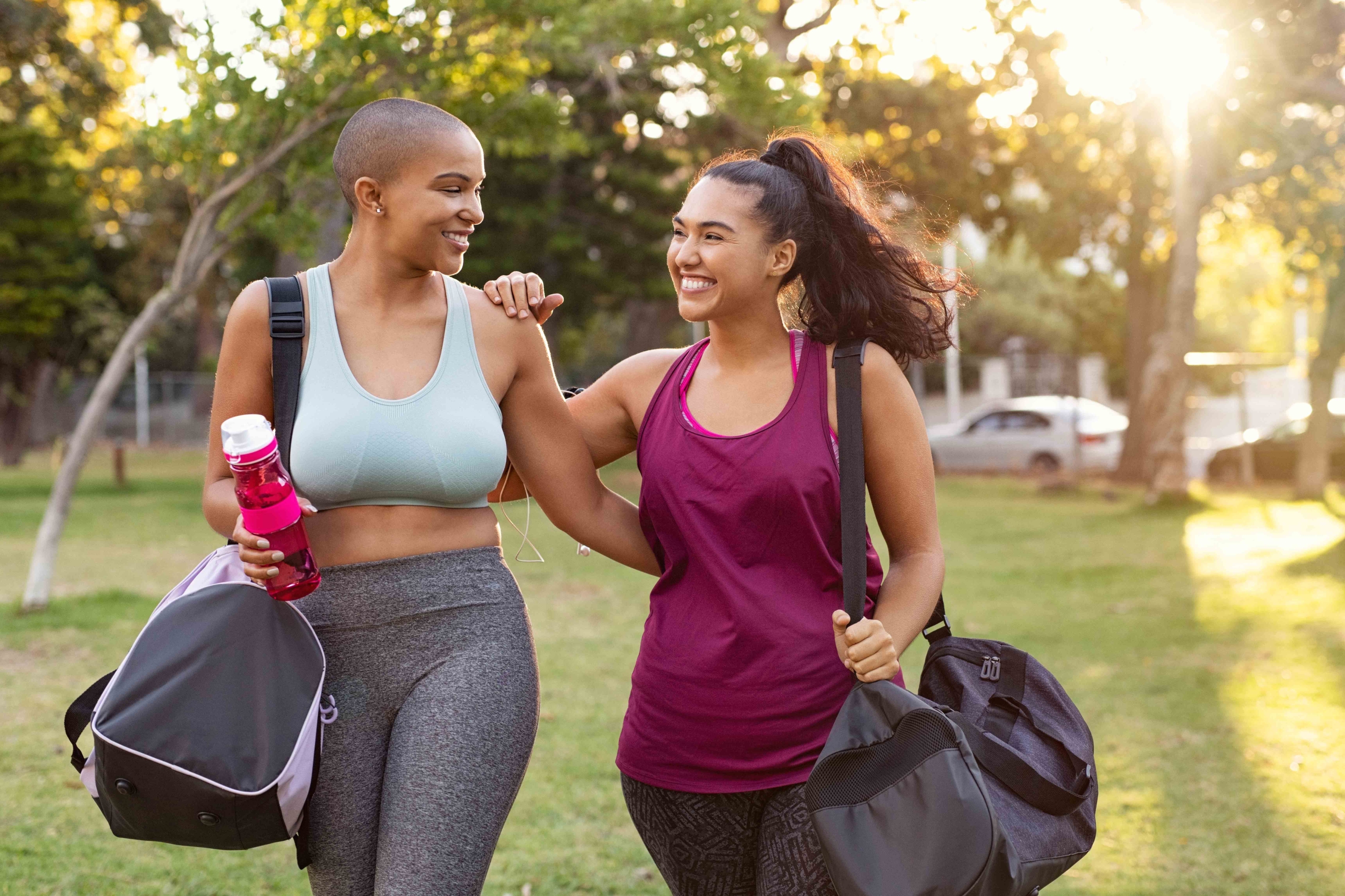
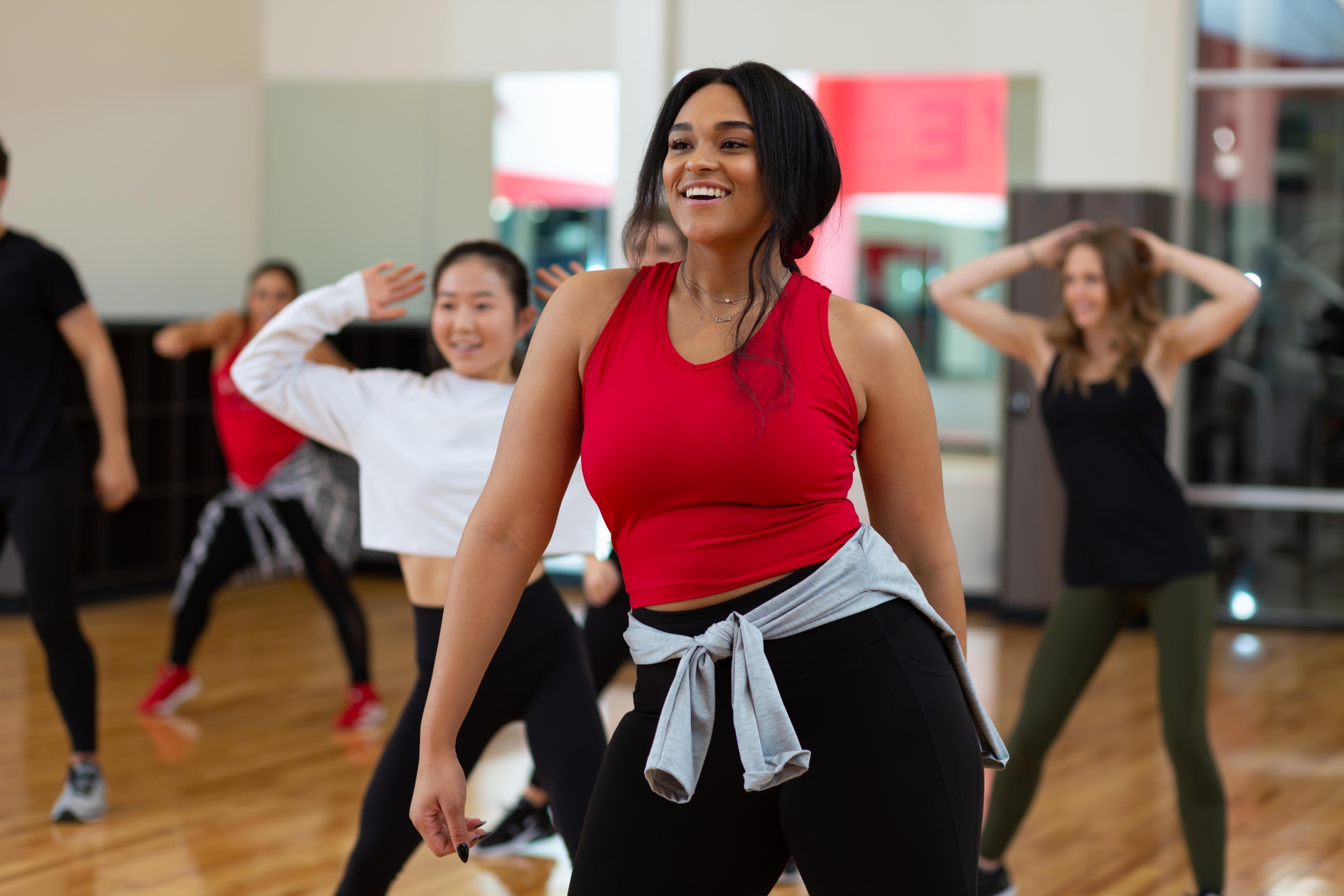
Community Creates The Best Social Benefits of Exercise
Starting a fitness routine can be challenging. One of the most important things to remember is that you are not alone. Whether you are having trouble getting motivated to work out or feel embarrassed about your skill level, working out with friends or in a group setting can help you overcome social anxiety and help you feel connected and included.
If your group of friends doesn’t share the same interest in physical activity as you, or you just moved to a new city and don’t know many people, joining a team sport or a group class is a great way to meet new people and make new friends with similar interests and goals. This helps build stronger bonds with those around you by being open to giving and receiving encouragement.
Accountability and Discipline
One of the biggest challenges of exercise is discipline. No matter where you are in your fitness journey, you didn’t get there by making excuses to skip workouts or bail on the hard days. Daily discipline will keep you on track for reaching your goals and make it easier to form lasting habits and lifestyle changes.
Take advantage of the fitness community around you to keep you accountable for your workouts. You are less likely to flake on an activity if you planned to meet up with a friend or paid for a personal training session or group class in advance.
Try having a friend or colleague be your accountability buddy if you are more prone to workouts with your at-home gym equipment. You can check in on each other’s progress and offer encouragement.
Improve Team Building Skills
For many people, there can be a lot of anxiety surrounding social situations. When put under pressure, many people struggle with rising to the occasion. You may have trouble communicating effectively with others or need practice giving instructions or feedback while at work. Maybe you are having a hard time getting through to your partner or have trouble seeing things from a different perspective. Team sports are a fun, low-pressure way of fine-tuning your communication skills. This can lead to stronger social bonds with coworkers as well as your close personal relationships.
Important Social Benefits of Exercise For Elderly Adults
Exercise is beneficial to people of all ages, including the elderly. As we age, our body goes through a lot of changes. The older you get, the more bone density you lose. Regular exercise can help build back muscle mass and increase mobility in elderly adults. Older adults who work out regularly also have fewer problems when it comes to chronic pain and illness. Exercising can also be a great social outlet for older individuals who may be feeling lonely and isolated. Group fitness classes can give them a sense of independence and help to expand their social circles.
Additionally, engaging in regular physical activity can significantly enhance cognitive function, reducing the risk of dementia and other age-related mental health issues. Social interactions during exercise can lead to improved mental well-being and a greater sense of purpose. Participating in activities such as yoga, tai chi, or even brisk walking can improve balance and coordination, reducing the risk of falls. The social aspect of group exercises can also provide older adults with a support network, fostering meaningful relationships and encouraging a more active lifestyle. This social engagement is crucial for maintaining a high quality of life and emotional satisfaction in older age.
Benefits of Exercise For Social Development in Children
Like adults, children need to learn how to hone their social skills and adapt to new challenges and surroundings.
Exercise can give them the tools they need to navigate their way through many different situations in life. It is recommended that children six years of age and older spend 60 minutes a day engaged in physical activity. When you teach kids healthy habits from an early age, they are more likely to stick to these habits later in life. Children have a lot to gain from participating in team sports and group fitness activities. Here are some of the ways an active lifestyle can positively benefit children:
- Participation in team sports or group activities teaches children how to interact with others positively, fostering communication skills and empathy.
- Team sports show children the importance of communication in a team dynamic, helping them understand the value of collaboration and teamwork.
- Exercise improves academic skills like focus and problem-solving, enhancing their cognitive abilities and preparing them for future challenges.
- Exercise helps to build confidence and self-worth, allowing children to develop a positive self-image and resilience.
- Regular physical activity can give children an outlet in which to process difficult emotions, promoting emotional regulation and mental health.
- Being a part of a team teaches kids about accountability and the importance of showing up for others, instilling a sense of responsibility and commitment.
- Engaging in physical activities can also introduce children to new interests and hobbies, broadening their horizons and encouraging lifelong learning.
- Physical activity can enhance children’s physical health by improving cardiovascular fitness, muscle strength, and bone density, setting the foundation for a healthy lifestyle.
- Social interactions during exercise can lead to the formation of meaningful relationships and friendships, providing a sense of belonging and social support.
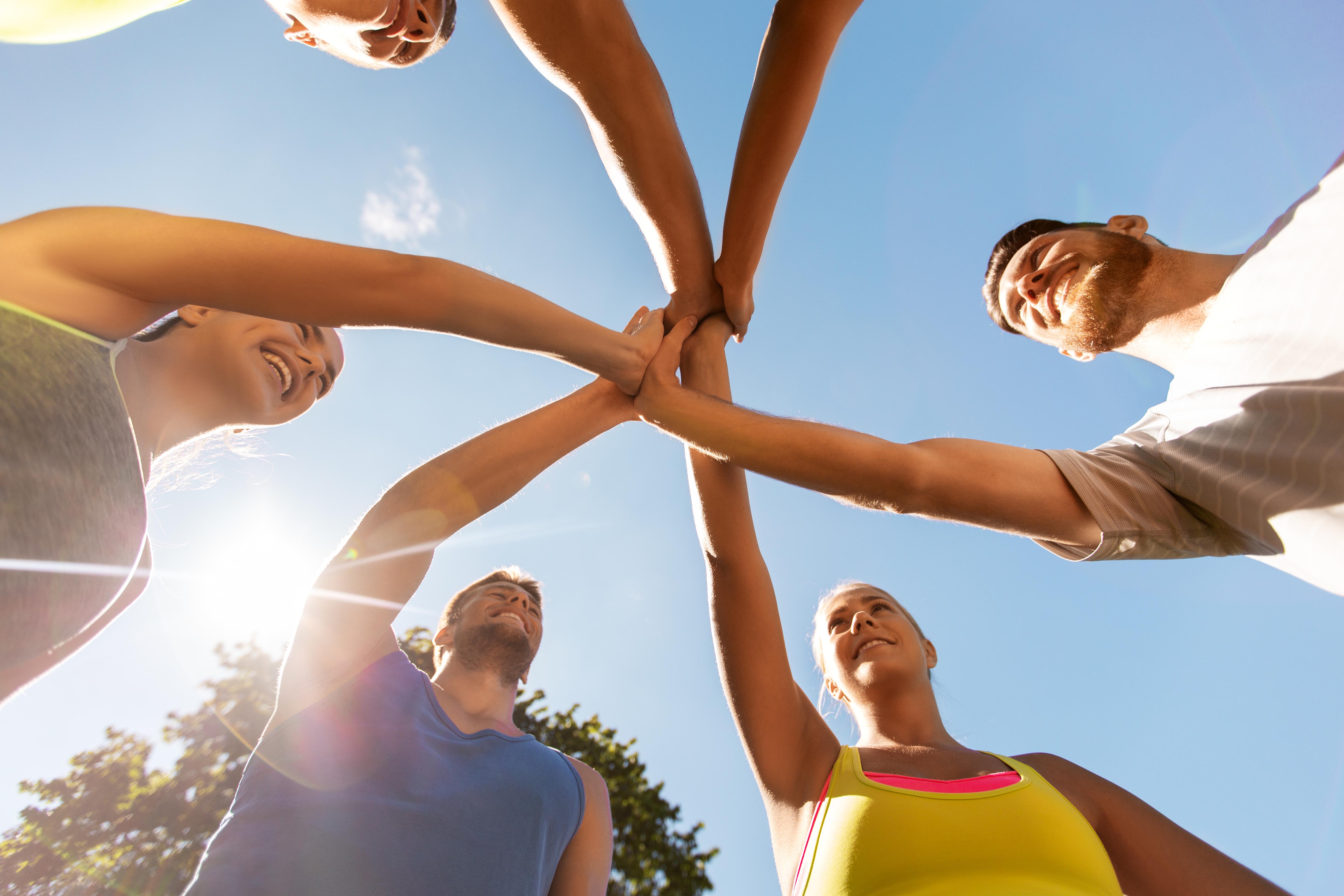

How to Make Regular Exercise a Part of Your Life
Starting a fitness routine may seem overwhelming at first, but it’s easier than you think with a little dedication and some effort.
Half the battle is deciding to make the change and sticking with that decision. The first step is the hardest but with perseverance and consistency comes change. Find something that you have never done before but always wanted to. Try reconnecting with a sport or fitness challenge you may have given up on in the past. Start with moderate physical activity and start building up your muscle strength and endurance.
If you have children, try to get the whole family involved. Find local leagues and fitness centers near you and commit to a specific day or two dedicated to your fitness goals as a family.
Above all else, have fun with your fitness routine! Use it as a chance to gauge your progress and try all sorts of new things. Just be patient with yourself and remember all the positive ways exercise can benefit your life in the long term.
If you’re looking for the best place to start improving your mental health through exercise, come start your workout journey at VASA Fitness, and see the way investing in your physical health benefits your self-esteem, social life, and more. Get your free trial pass now.

RECOMMENDED
SUBSCRIBE TO OUR BLOG
Enter your email to start receiving our blog emails!
